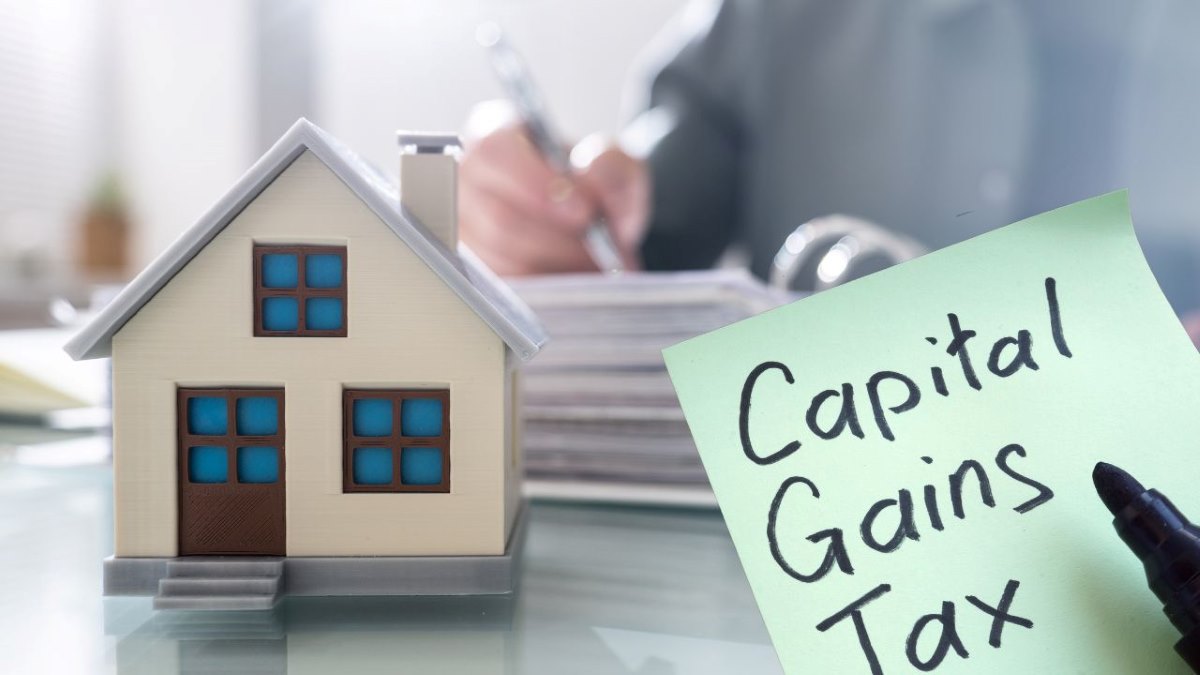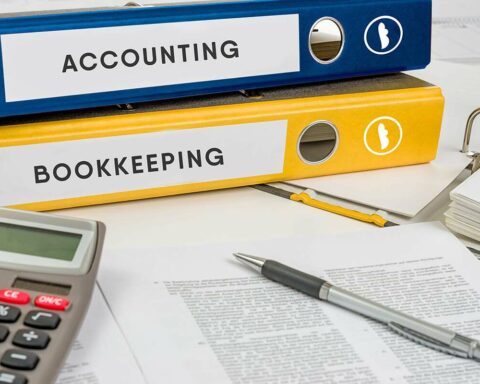Who doesn’t want to gain passive income by making investments in buy-to-let properties? Selling such property or using it for capital gain from your tenant is a great idea.
You can use it to expand your overall wealth. But, what comes on the way in the UK is capital gains tax levied by the government.
You must not be happy to pay for it, right? You must be marveling, at how to avoid capital gains tax on buy-to-let property.
Here let us confide with you the rules and statutes of capital gains tax on property.
Also, let us tell you different strategies to avoid it on the property you have rented out in the UK in 2024. Can’t wait to dive deep into it, right? Then, here we go…
Capital Gains Tax On Property – What Is It?

It is a kind of tax levied by the government of the UK. The tax is taken for all kinds of capital gains from properties that are either –
- Exchanged.
- Given as present.
- Sold.
The capital gains tax on property is taken only from the profit amount that you have gained. You can compute the sum of capital gains tax for your property through an equation.
Profit =
The property value (during the transaction) – The original property value (during first-time purchase).
In the case of buy-to-let property? The landlord is bound to make the tax payment within sixty days. It’s within sixty days of letting the house or house sell.
On not paying the tax within that period, you may have to confront prosecution for it in court. The court will punish you by making you liable for penalties.
To count the capital gains tax on property, you will need to hire a tax advisor. You may also hire a professional accountant for it.
Also, you may take the help of online capital gains tax calculating software to count your property tax.
Each of them will give you the correct calculation result for your capital gains tax. Their counting will be in line with the present directives of HMRC.
The government gives each of the landlords residing and having property in the UK and AEA. AEA is a capital Gains Tax Allowance, whose full form is Annual Exempt Amount.
This amount is the profit amount of the landlords from capital gain whose tax is made free by the government.
Capital Gains Tax On Property – The Rules For 2024
Scheming, how to avoid capital gains tax on buy-to-let property in the UK? Understand the 2024 tax rules before anything else.
The UK government has recently made an announcement. Anyone who gets a profit of 6001 pounds or more on their property is bound to pay their capital gains tax.
The tax paid must be based on their marginal rate of tax. Your marginal tax rate will be based on your annual income, inclusive of rental income.
Those whose annual income is between 12571 pounds to 59270 pounds will be basic rate taxpayers. Those with an income between 50271 pounds and 125139 pounds will fall under the higher rate taxpayer.
If your income is above 125140, you are an additional rate taxpayer. The increase in tax pressure on various landlords and investors is forcing them to search for ways to avoid this tax.
Do you know, what the government has declared recently? Soon the mandatory capital tax applicable property amount will be changed to 3001 pounds or more.
If it happens, the pressure on the heads of the investors or the landlords will be doubled. And, the investors who fall under the additional taxpayer bracket (twenty-eight percent)?
They will have to pay 2604 pounds extra for tax!
How To Avoid Capital Gains Tax On Buy-To-Let Property – The Tricky Ways
1. Go For Joint Ownership Of Properties
Single possession of a property means you have to spend the capital gains tax on the property all by yourself.
But, when you reach for a joint partnership of the property, the same capital gains tax is split among the multiple property owners.
So, you no longer have to pay the full capital gains tax amount for the property. Other joint owners are also bound to contribute to the same.
However, before making a person joint partner for your property, ensure that he/she has not claimed for his/her same tax year’s AEA.
After you have built trust in the person, give him/her some share of ownership for your property. Do it before you sell the property.
It will reduce the burden of tax pay from your head.
2. Make Your Property Fall Under The Letting Relief Category
Wanna know another trick to escape the capital gains tax on property?
Live in a portion of the property or house and give the other portion to a tenant for rent.
Once you do that, you will be eligible to claim for the Letting Relief. With this relief, you can save up to 40,000 pounds on profit gained from selling properties.
3. Prove That You Are Eligible for Private Residence Relief
Before selling a house or property, reside in it. Do it within nine months before transferring it in someone else’s name.
Once you produce its proof before the UK law, tax relief will be considered for you.
As proof of residing in the property, you can choose to present the electricity bill with your name or any other household bill. Private residence relief also applies to those landlords who have-
- Stayed in the house even after renting it.
- Stayed in the house before renting it.
- Stays in a portion of the house and rents the house’s remaining portion.
4. Ask For Rollover Relief
Consider letting your property for a short period. For instance, do it like holiday letting. Then your capital gains tax on property will come under rollover relief.
You can defer the tax by claiming that you will reinvest the short-term property letting profit (partially or fully). However, if your property is a buy-to-let one, you can’t claim rollover relief.
5. Sell Your Property To A Limited Company
Limited Companies don’t have to pay capital gains tax on property. They are bound to pay corporation tax. So, if you keep your property as a limited company’s asset, you will be free from paying capital gains tax for it.
However, you will have to pay the corporation tax for it. If your profit goes over 50,000 pounds, a minimum of nineteen percent corporation tax will be applied to you. Though it’s less than the amount of the capital gains tax.
Hence, selling your property to a limited company is the best option to avoid the tax on capital gains.
6. Show That You Have Gifted The Property Without Any Profit
Gifting a property to someone will bring no financial profit to you. The same is also true with transferring your property to the heir.
So, no capital gains tax is applicable if you gift the property to your close ones or consider transferring it to your successor.
Prove before the law that you have done it with your property and you will be free from paying the tax.
7. Plan For Utilizing Annual Tax Exemption Before Selling Your Property
Last but not least, it’s planning that will help you. It will keep you from paying the capital gains tax on property. Educate yourself about your capital gains tax allowance.
Also, consider your overall annual income and make a plan accordingly before you sell your property.
Do research and find out what to do so that you will not fall under the tax-giving category for property sell or let.
FAQS
1. How much is Capital Gains Tax on property in the UK?
According to the 2023/2024 government report, the government of the UK allows a tax exemption of 12570 pounds (yearly) to its citizens. However, once your profit exceeds and the capital gains tax amount for it exceeds, you have to pay the tax according to your tax bracket.
For basic rate taxpayers, the capital gains tax on property is eighteen percent. For higher-rate taxpayers, it’s twenty-eight percent. The additional rate taxpayers also are bound to pay the twenty-eight percent of the tax.
2. Is there capital gains tax on estate property in the UK?
A property when transferred to the inheritor, doesn’t demand capital gains tax payment. However, if the inheritor sells that estate property for profit, the capital gains tax applies to it. When you sell the inherited property, its selling price will tell if you will come under capital gains tax or not.
If the selling value is equal to the exact property value at the time of the inheritance, no capital gains tax is applicable. The property value during inheritance must be calculated without allowable deductions. Once the selling price exceeds the property value during inheritance, you’re bound to pay the tax.
Conclusion
So, before you go for any property buying or selling, it’s important to educate yourself about the capital gains tax code. This is because before dealing with a property, careful planning is necessary to avoid the payment of capital gains tax. Though there are several tricks and strategies to get relief from the capital gains tax, implementing them properly is also vital.
Also, you need to prove before the law that you’re eligible for the tax exemption or reduction you’re claiming. For optimal tax efficiency, it’s always better to seek professional help from reputed advocates. Stay updated with the changing rules and regulations on capital gains tax. It will also help you greatly in achieving your goal of tax exemption.






